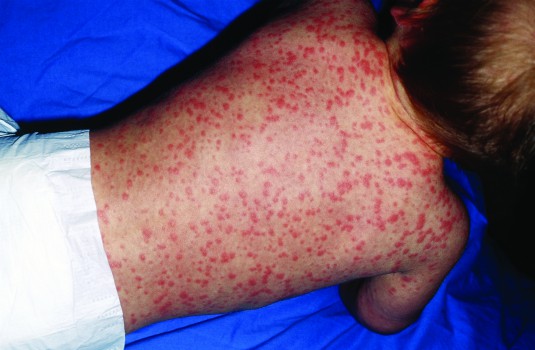
Allergic Reaction To Antibiotics What To Do. Ask your doctor or pharmacist whether to take your antibiotic with food. ALLERGIC reactions to antibiotics can be severe including symptoms ranging from hives and wheezing to anaphylactic shock. Your doctor will help you decide if it is safe for you to get vaccinated. I currently have a severe sinusupper resp.

However a drug allergy is more likely with certain medications. Past allergic reactions to these antibiotics has landed me in the hospital with anaphylatic reactions including pelvic edema racing heart low blood pressure shortness of breath confusion migratory hives and the feeling of impending doom. If you have had an immediate allergic reactioneven if it was not severeto a vaccine or injectable therapy for another disease ask your doctor if you should get a COVID-19 vaccine. Antihistamine is given to combat allergic reactions. Most cases are mild but some reactions are life-threatening so you may need to act quickly. If you believe you are experiencing an allergic reaction to antibiotics seek medical help immediately no matter how severe your symptoms are.
An allergic reaction is a.
The instructions differ according to the medications form. If you take an antibiotic and think youre having an allergic reaction the first step is to know the difference between medication side effects and an actual allergy. Make sure you know the names of other medicines that you should not take. Antihistamine is given to combat allergic reactions. If you have a true penicillin allergy you should not take any antibiotics in the penicillin family. Many allergic reactions are confined to skin rashes and will not result in any complications but its important to talk to your doctor about any reaction.